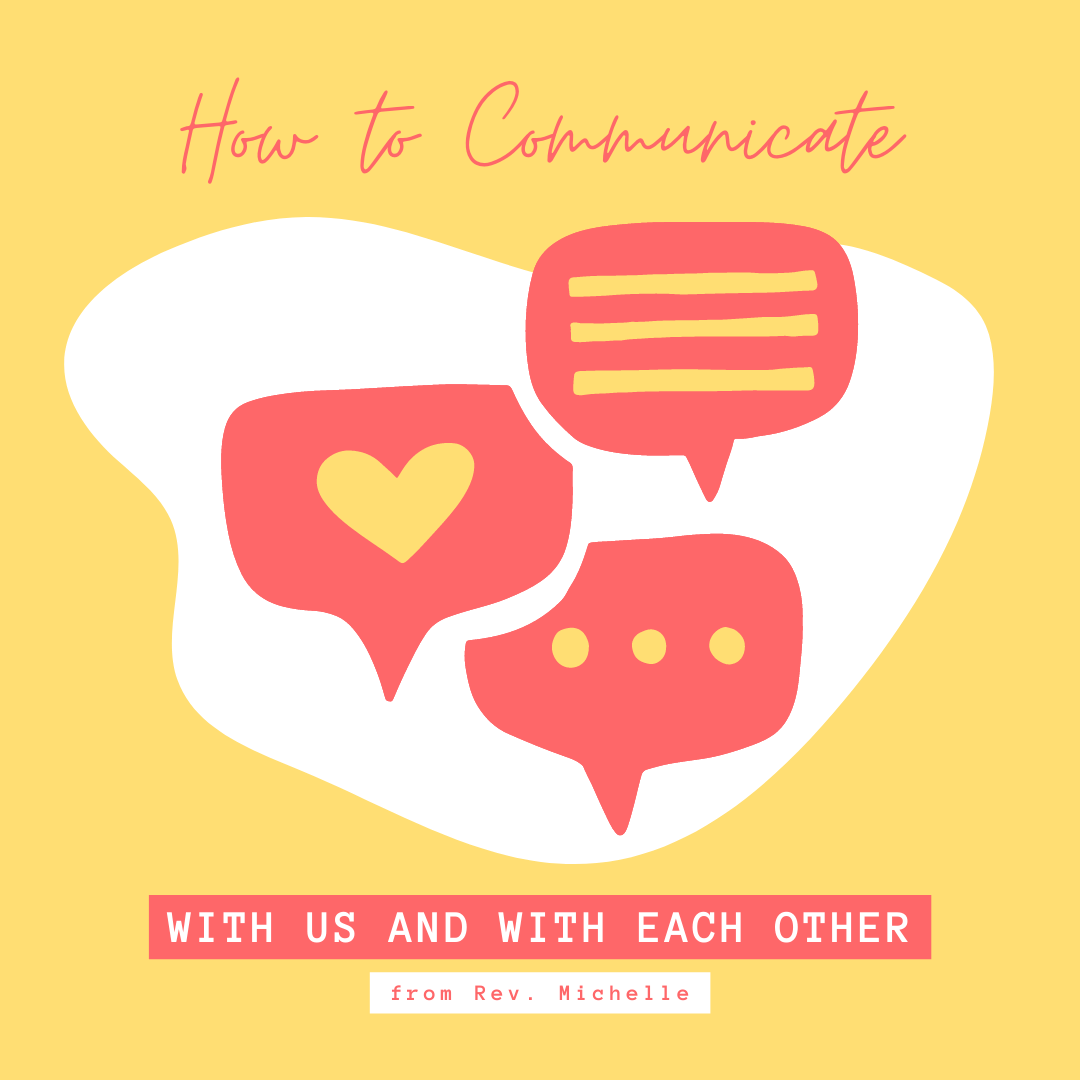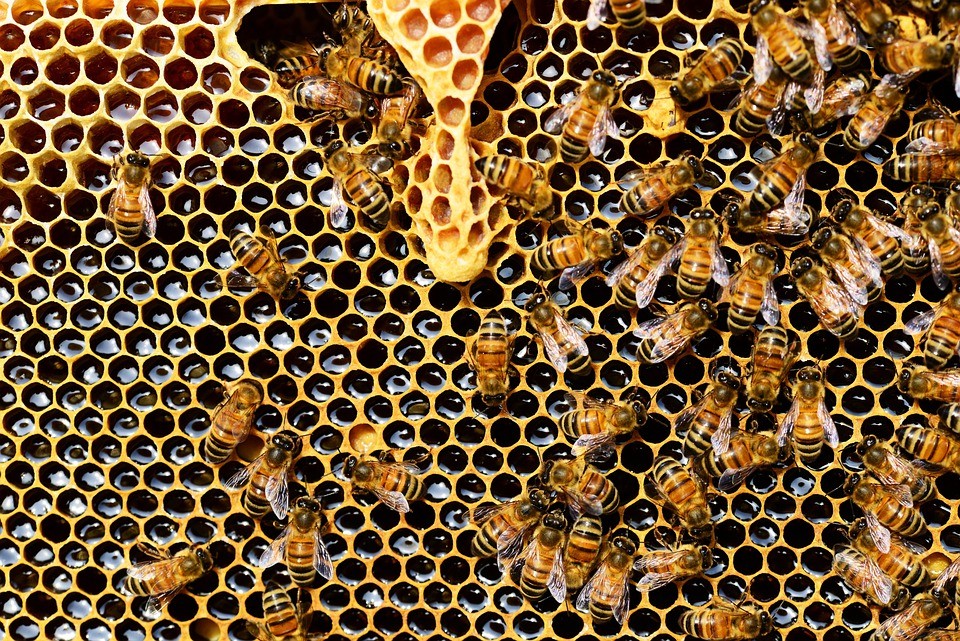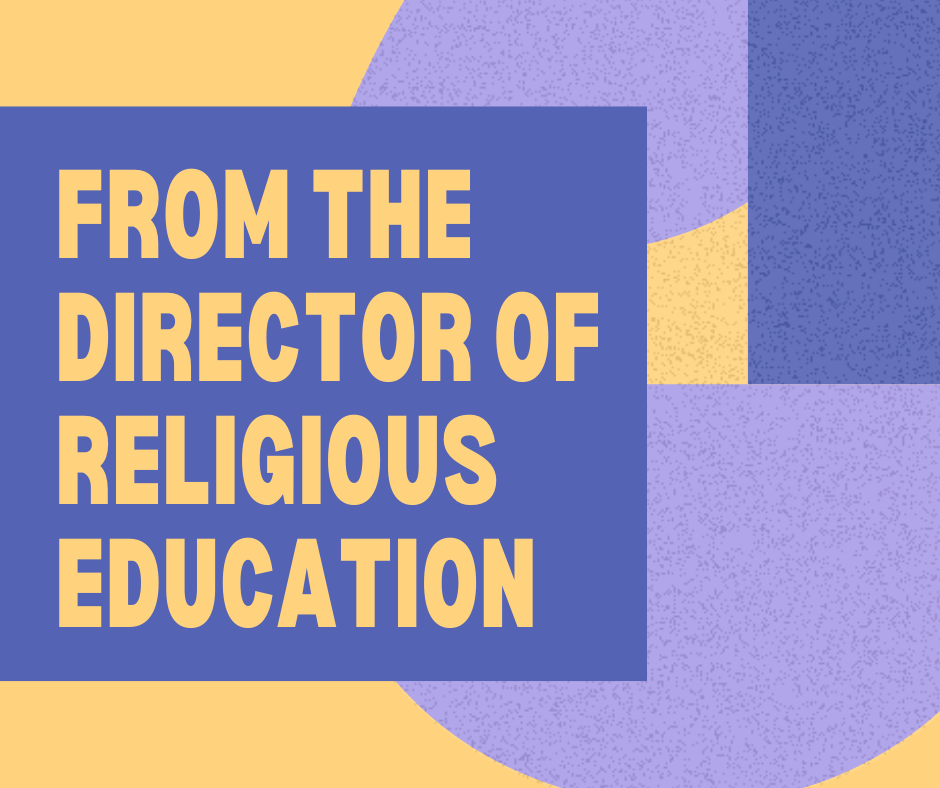by Barbara Crotty Everything, all being, is holy to me. The molecule and the mountain. The ion and the galaxies. The bee and the blue whale. UU singer-songwriter Peter Mayer writes: Wine from water is not so small But an even better magic trick Is that anything is here at all. So, the challenging thing becomes Not to look for miracles But finding where there isn’t one. Creation is full of more miracles than I will ever learn about. The world’s complexity and harmony are miracles to me. Our 7th principle speaks to me – it describes and defines how the interdependence among living things requires me to do my part to protect and cherish them. Ecological imbalance and cruelty to humans and animals is brought about by our systems of food production and distribution. I used to think that buying organic food was a nice-to-do thing, but often got deterred by the prices. The Emerson chapter of the UU Ministry for Earth recently organized a group to do a self-study course called “Hungry for Change”. The readings and discussions enlightened and motivated me to be more firm in my efforts to eat in an ethical way. What I now see is that the real cost of food is much greater than what we have had to pay. The cost has been borne by the environment and by poorly paid or slave labor. Chemical fertilizers and pesticides may generate greater harvests, but it is unsustainable since they are made of non-renewable petrochemicals. They have diminishing returns, too, as pesticide-resistant bugs and herbicide-resistant weeds inevitably develop while the soil’s natural fertility declines. The problem of world hunger is not food shortage but the failure to get food to those who need it. And my most haunting take-away from the course is the cruelty to livestock in large scale agribusiness. No longer can I blithely run into Randall’s and grab some pork chops for dinner without picturing the CAFO–Confined Animal Feeding Operation–where that pork was raised. In an article called Fear Factories by Matthew Scully, we read that on hog farms 400-500 pound pigs are trapped inside iron crates seven feet long and 22 inches wide, compulsively chewing on the bars and injuring themselves in their efforts to escape. Their conditions are so unhealthy and inhumane, they are kept alive only by antibiotics, hormones, laxatives and other additives mixed into their machine fed food. Sows are driven or dragged from their crates into other small crates to give birth and then it’s back to the gestation crate for another four months, over and over, through seven or eight pregnancies, until they expire. The piglets have their teeth cut to reduce damage to the crates from their chewing and their tails docked with pliers to increase the pain if they chew their tails, a natural response to mass confinement. With this knowledge, I am called to buy meat that has been raised humanely. It costs more, so I eat less of it, making meat a smaller part of my diet, like most of the world does. I hope you will visit the Ethical Eating page of this website, under “Get Involved” and then “Social Action” to learn more.
]]>





